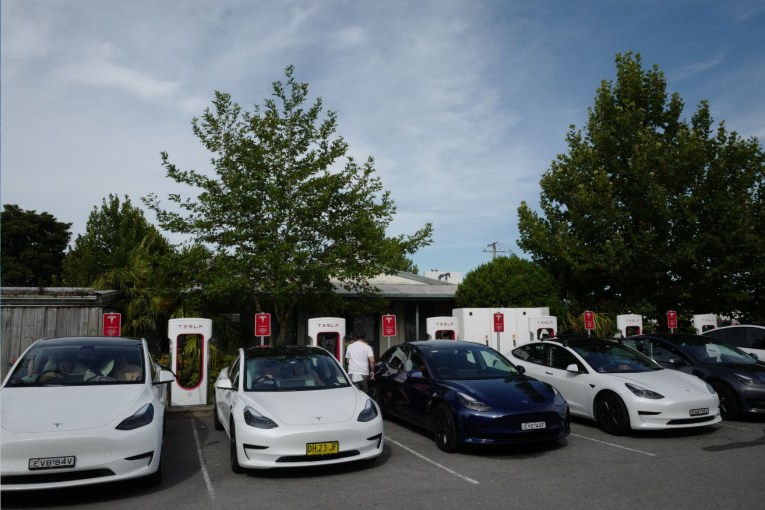These five Census graphs tell a story about a rapidly changing Australia
Australia has become a more diverse and secular country over the past five years, with official data revealing soaring migration rates and far fewer people identifying as Christians.
Published by the Australian Bureau of Statistics on Tuesday, the latest Census data sheds new light on how modern Australia is changing, from our fast growing and ageing population to our seismic generational shifts.
For the first time in history, the Census also asked Australians about chronic health issues, revealing that many are suffering from multiple long-term conditions.
Statistician David Gruen, head of the ABS, says more than 25.5 million Australians shared their stories with the latest five-yearly snapshot of the nation, which was captured during lockdowns in 2021.
“Every stat tells a story,” Dr Gruen said on Tuesday.
“This accurate and valuable data reveals who we are as a nation and how we have changed.”
Here are five graphs that capture the major changes.
Australia becomes more diverse
The 2021 Census finds that almost half of Australians have a parent born overseas (48.2 per cent), while more than a quarter (27.6 per cent) were born overseas themselves.
It’s the latest chapter in a multicultural journey that has changed massively over the past two decades, with migrants from Asia now vastly outnumbering those from Europe.
Above all else, the data shows cultural diversity across Australia is widespread – more than 250 ancestries and 350 languages were represented in the Census.
… and secular
Australians’ attitude towards religion is changing just as fast as the diversity of its population.
Two decades ago, more than 70 per cent of Australians told the Census they were Christian – today that figure has fallen to just 43.9 per cent.
The biggest cause has been a huge increase in the number of Australians who tell the ABS they don’t identify with a religion, alongside sustained growth in non-Christian faith across the nation.
Our population continues to grow
Australia’s population growth stalled during the pandemic, but there are still far more of us today than there were five years ago.
In fact, with more than 25.4 million people participating, Australia’s Census count in 2021 is more than double that of 50 years ago, the ABS said.
Over that period, New South Wales has remained the largest state, with Victoria close behind and Queensland in third position.
Almost 80 per cent of the country now lives across NSW, Victoria, Queensland and the ACT.
But there’s a generational shift under way
In addition to solid population growth, Australia is experiencing a remarkable generational shift – a changing of the guard that’s seen the number of millennials (aged 25 to 39) match the number of baby boomers (aged 55 to 75) for the first time.
The two generations are Australia’s largest. Each accounts for 21.5 per cent of the total population, but their members lead very different lives.
The ABS said millennials today are mostly studying or working, while boomers are starting to retire and spending more time caring for grandchildren.
On the edges of Australia’s generational divide, the youngest, Gen Alpha (aged 0 to 9), now outnumber the oldest, the Interwar generation (aged 75+).
Revealed: Australia beset by chronic health issues
For the first time in its history, the Census has tracked the number of Australians living with long-term health problems.
The data is startling, with 8 million census participants revealing they suffer chronic issues.
Mental health (2.2 million), arthritis (2.1 million) and asthma (2 million) were the most prominent.
But the figures also show that many Australians are living with multiple long-term health issues.
You can read more about the 2021 Census and examine the trove of data yourself here.







